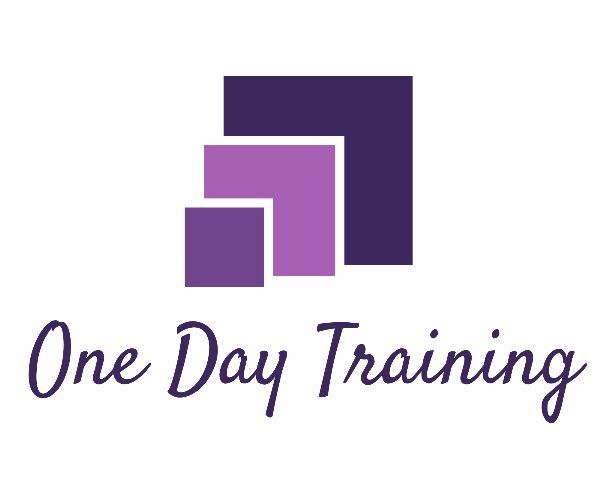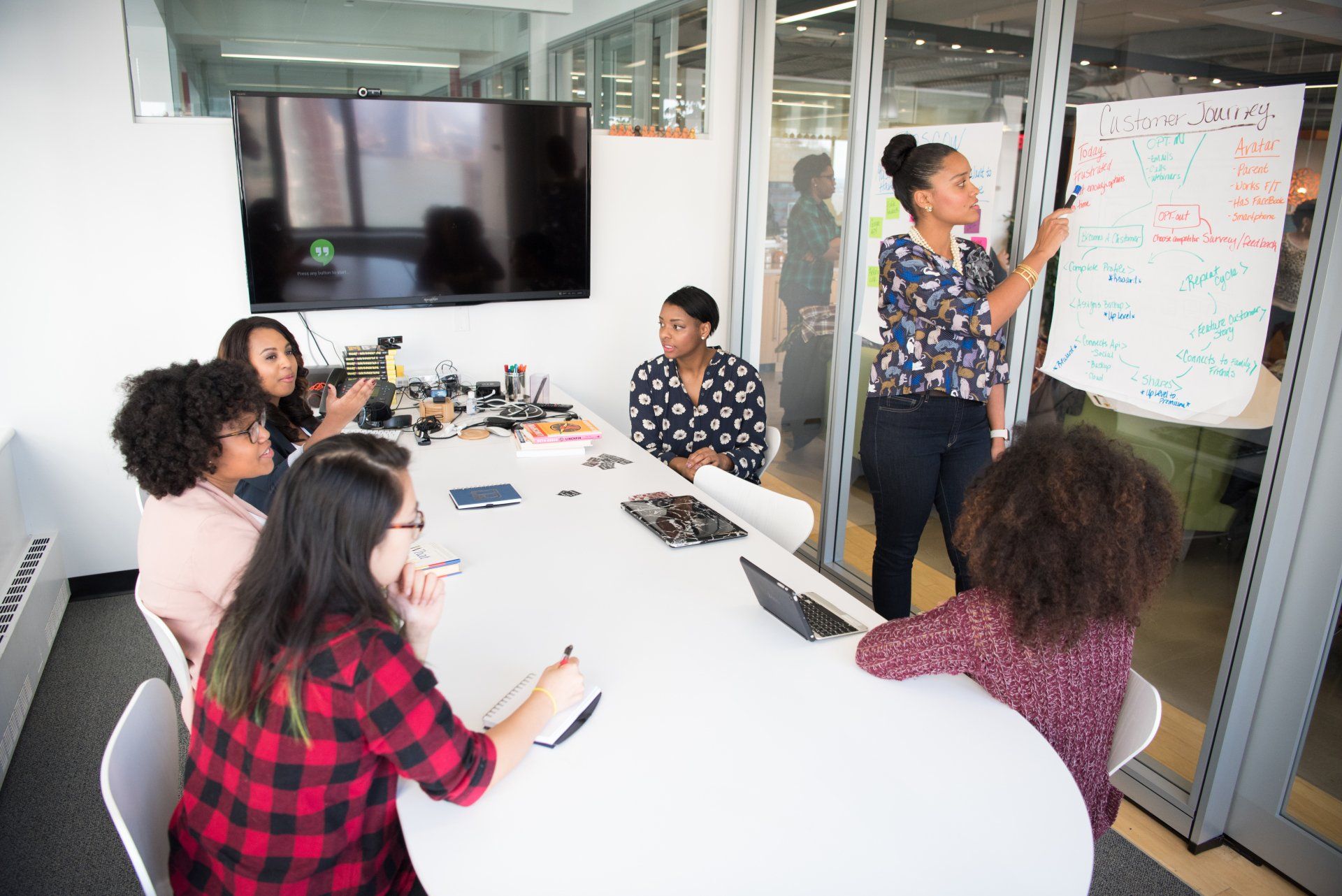Problem Solving – Expert and Novice approaches

I’ve been helping out as a volunteer at a local charity. It involves selecting good quality, donated clothes for people who are going to a job interview, so that they look smart and provides them with a confidence boost. I was helping a young man with choosing a business shirt and corporate looking pants. All was going well. I said he needed a belt to finish the look. We managed to find one in his size. I asked him to thread it through and do it up. He was holding the buckle end and could not figure out how to get it through the small belt loops. I stood by for a minute or two thinking to myself “why is he hesitating?” Then it dawned on me that he had never worn a belt and didn’t know how to use the non buckle end to start with the treading process. I provided the solution, but should I have done that?
This incident has caused me to reflect on several things. Firstly, can it be possible that people now get to age 19 or 20 without ever having worn a formal look including a belt? Secondly, do parents not show their offspring how to wear clothes? But thirdly, how do people go about solving problems?
Research[1] done in the 80’s and 90’s suggests that ‘problem solving abilities often depend on specialised knowledge in a discipline’. Experts approach problem solving by drawing on that knowledge, they are good at figuring out what sort of problem they are dealing with and have a stored knowledge of similar problems (mental models) that they may be able to reuse for the current problem. Experts are likely to review how the mental model worked or did not work, they can be the problem solver and the critic of the process.
We can assume that a novice problem solver does not have previously stored knowledge to apply to a problem, therefore cannot process how to tackle something new. They may have memorised how to solve specific problems e.g. multiplication, but lack the ability to develop creative ways to solve a problem.
What have you noticed about people and their problem solving abilities? Are they determined to get a result, to work through and apply previous experience to the current issue, or do they give up and wait for someone to solve it for them? Should I have left the young man to work out how the belt goes through the loops?
Carol Speirs
April 2021
___________________
[1]
Bransford J. & Stein, B. (1993) The Ideal Problem Solver: A Guide for Improving Thinking, Learning and Creativity. Freeman, New York
Ideas, views and other weird stuff. Search the blog:











